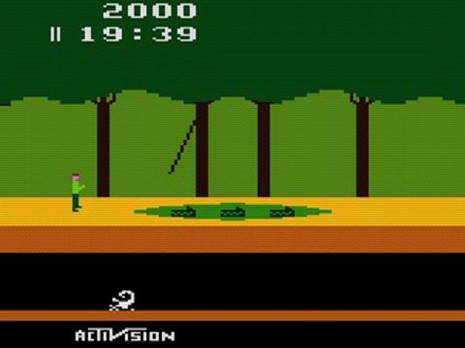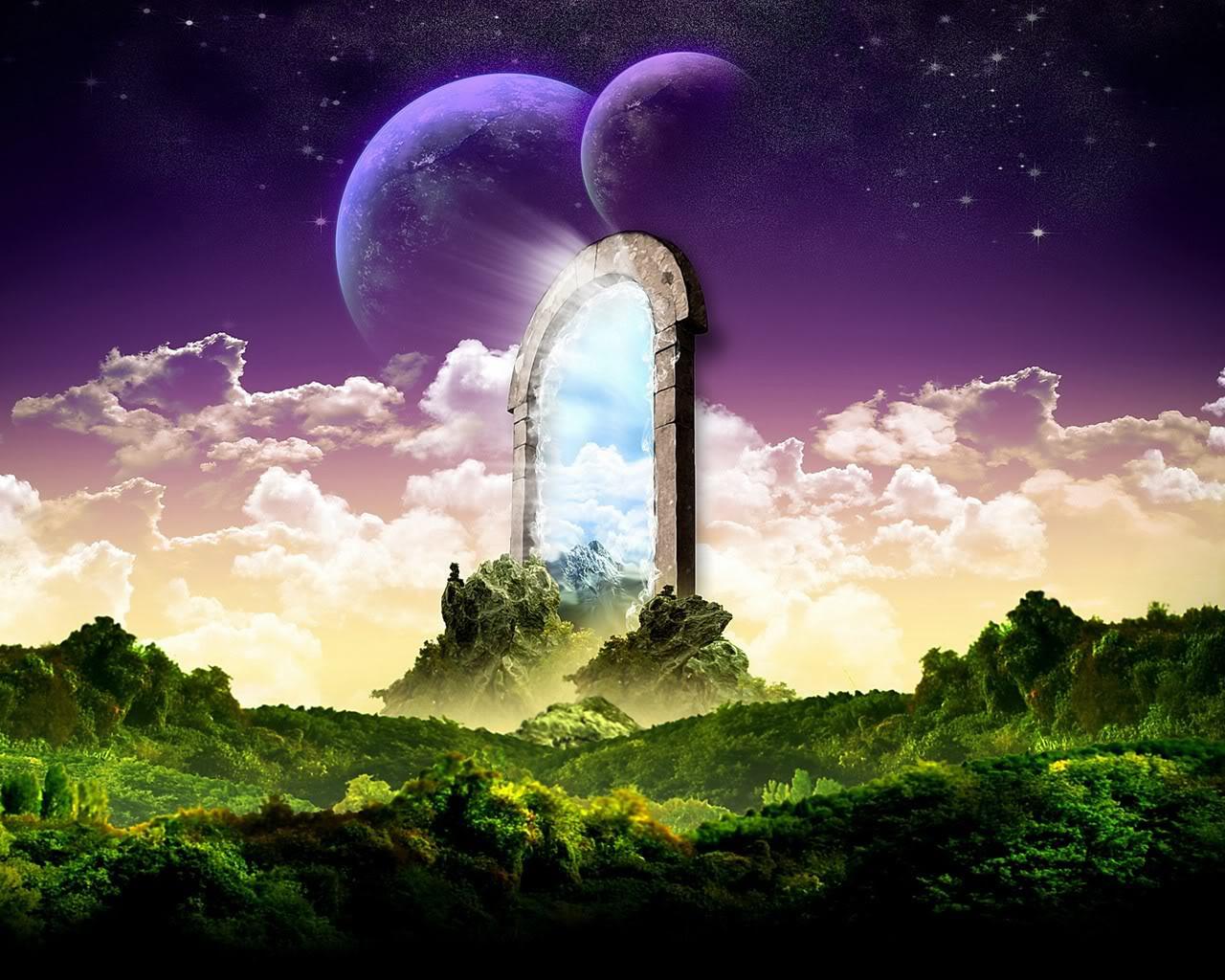It’s the first Wednesday of the month, and you know what that means. It’s #IWSG Day! The question this month is…
What pitfalls have you encountered on your journey to publication that you can share with others?
Well, uh… hmm. I don’t actually know of many pitfalls from direct personal experience. To date, I only have two minimal publishing credits to my name. This post, therefore, will focus on the one that I feel is the biggest and most fatal pitfall facing all of us creative folks: the pitfall of giving up.
But first, allow me to drop a plug for the Insecure Writers Support Group. The IWSG, founded by the esteemed Alex J. Cavanaugh, is an online space where writers (insecure and otherwise) can come together to share stories, successes, struggles, and all the rest of it. The website is chock-o-block full of great stuff. There’s a Twitter Pitch (just happened in July), contests, books, swag, conferences, and more. Be sure to jump over there and check them out!
The awesome co-hosts for the August 1 posting of the IWSG are Erika Beebe, Sandra Hoover, Susan Gourley, and Lee Lowery!
Okay, back to this month’s topic: pitfalls to void.
A Lesson from Stephen King!
 Back in my early 20’s, right around the time I got married, I bought a copy of Stephen King’s semi-autobiographical craft book On Writing. In it, King shared his youthful adventures in writing an submitting short stories with blind optimism to the magazines he loved to read: Analog, Asimov’s, Amazing Stories, etc. He started submitting in his early teens. As you can imagine, he got a lot of rejection letters.
Back in my early 20’s, right around the time I got married, I bought a copy of Stephen King’s semi-autobiographical craft book On Writing. In it, King shared his youthful adventures in writing an submitting short stories with blind optimism to the magazines he loved to read: Analog, Asimov’s, Amazing Stories, etc. He started submitting in his early teens. As you can imagine, he got a lot of rejection letters.
King did something great, though, in turning the submission/rejection thing into a game. Upon receiving his first rejection letter–a form letter–, he drove a nail into the wall of his bedroom and impaled the letter upon it. How quickly could King accumulate enough rejection letters to overwhelm that nail? Understand, please, that King didn’t compromise the quality of the stories he wrote and submitted in an attempt to grow the stack with artificial speed. That would have been cheating. His primary goal was always to write the best story he could and get it published. He merely created a synergistic secondary goal that he could work towards when he wasn’t making progress toward his primary goal.
The important lesson I took from reading his book was that it’s possible to find ways of turning failures into successes. There are ways to immunize ourselves against the discouraging sting that comes with rejection. A sting that all too often ends up crippling creative individuals and ending their careers before they begin.
Playing the Game

Upon finishing his book, I decided it might be fun to try my hand at King’s game. I’d been writing stories all my life and harbored secret fantasies of becoming a successful author. But that required sticking my vulnerable neck out and submitting the stuff I wrote. The “Rejection Game,” as I called it, gave me permission to expose myself to the volley of rejections I knew would ensue.
Over the course of the next year, I researched and submitted to close to fifty magazines. This was in the very early days of the internet, so most venues still required print submissions sent via snail mail with self-address-stamped return envelopes for letters of acceptance/rejection. Of those fifty submissions, I received 48 rejection letters. Two magazines took a story from me. Tiny publications that paid out in single contributor copies, but still, two out of fifty. I was pleased.
Confession: I miss getting rejection letters in the mail. Even a form letter felt a tiny bit nifty when presented in a physical envelope that arrives in your mailbox. A digital email just doesn’t carry the same special weight.
Watch Out for That Pitfall. It’s a Doozy.
If only I’d kept at it! Remember, this was happening the year after I got married. And changed my job. And got pregnant with my first child. Guess who stopped writing and submitting stories? Yeah, me.
Thirteen years would pass before I sent out another story on submission. What can I say? Life got busy. I got distracted. Not an excuse, just my reality. I didn’t give up intentionally. Many folks probably wade into the pitfall of giving up slowly, day by day. So many things can fill up our lives that we can feel as though we’re drowning in quicksand. I was certainly feeling that way last October when I wrote my post, “Life, Will You Just Chill Out Already?”
Lots of people never figure out how to strike a balance between their writing goals and life obligations, or maybe they fail to immunize themselves against the sting of having their creative work turned down over and over again. That didn’t happen to me, but I’ve witnessed it happen to other writers. Without some way to turn each “no” into a positive, the weight of all those “thanks, but no thanks” can accumulate until it’s crushing your soul. And Odin knows, it’s the easiest thing in the world to set that weight aside and do something else.

On my way out the door of my MFA program at Lesley University, I was reminded of the lesson I’d gleaned a decade and a half ago from Mr. King’s book. If you want to succeed, you must keep writing, keep submitting, keep querying. Young Adult author Jason Reynolds told me and a small classroom of other impending graduates that the difference between those that make it in the publishing industry and those that don’t is persistence. The authors who find success are the ones who don’t give up. They kept playing their very own “Rejection Game” until something stuck. Talent helps, but even the most talented writer in the world can fall into the pitfall of giving up.
Lessons from Vigo Mortensen
Have you ever seen the movie G.I. Jane with Demi Moore and Viggo Mortensen? I love that movie. Whatever. Don’t judge me. I’m not judging all the fans who love 300. It’s all love here!
Anyway, there’s a scene in that film where the cadets are doing push-up’s and leg lifts and other generally awful forms of exhausting exercises in the ocean. They’re right in the middle of the breaker zone, icy waves crashing down over them again and again. It’s been hours. They’re soaked, sand-blasted, shaking with fatigue and the early stages of hypothermia. And the Master Chief (Viggo) is walking up and down the line shouting all kinds of philosophical musings at them. This is the moment when he delivers a few lines that resonated to my core.
“Pain is your friend, your ally. It will tell you when you are seriously injured. It will keep you awake, and angry, and remind you to finish the job and get the hell home. But you know the best thing about pain? It lets you know you’re not dead yet.”
Viggo’s basically telling his cadets to embrace their pain and frustration and exhaustion because it means they haven’t given up. Stephen King and Jason Reynolds were preaching less intense variants of the same philosophy.
As creative folks, rejection hurts. Of course it does, but that sting you feel means you’re still playing the game, you haven’t quit, you’re not dead yet. So there you have it. Giving up is the first and biggest pitfall you can fall into on your way to getting published.
Don’t give up.
Find a way to turn the rejections into positives. Make the pain be your friend. Keep writing, or painting, or sculpting, or composing, or whatever it is that you make. In this world that is becoming more and more obsessed with consumption, we need folks who engage in glorious acts of creation.
What’s your strategy for staying resilient and skirting the pitfall of quitting? Help the rest of us out by sharing in the comments!
Thanks for stopping by, and as always, happy writing to you.






 I did it. I graduated. I am a creative writing “master,” which is a little weird to write. The title “novice” would probably be more accurate. But, two days out from having received my handshake and diploma (not really, just a certificate. The diploma will arrive in the mail a month from now), I am feeling most grateful for the people I met and the relationships I forged. If anyone ever questions my choice to pay for a masters in creative writing, citing the fact that I could have learned “all that stuff” from craft books and YouTube, I will simply smile at them and give them a pacifying nod. I will never regret my choice to do this because if I hadn’t attended Lesley, I would probably never have met and become close friends with the people I did. And isn’t that what life is all about? The people we meet? The relationships we form? The communities we build? It is for me.
I did it. I graduated. I am a creative writing “master,” which is a little weird to write. The title “novice” would probably be more accurate. But, two days out from having received my handshake and diploma (not really, just a certificate. The diploma will arrive in the mail a month from now), I am feeling most grateful for the people I met and the relationships I forged. If anyone ever questions my choice to pay for a masters in creative writing, citing the fact that I could have learned “all that stuff” from craft books and YouTube, I will simply smile at them and give them a pacifying nod. I will never regret my choice to do this because if I hadn’t attended Lesley, I would probably never have met and become close friends with the people I did. And isn’t that what life is all about? The people we meet? The relationships we form? The communities we build? It is for me.

 I agree with many others that NaNoWriMo is not a good fit for everyone. Justin Brouckaert artic
I agree with many others that NaNoWriMo is not a good fit for everyone. Justin Brouckaert artic
